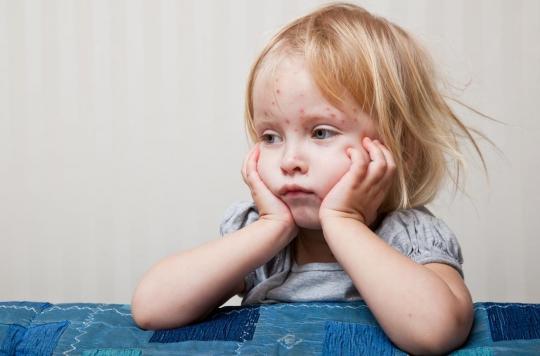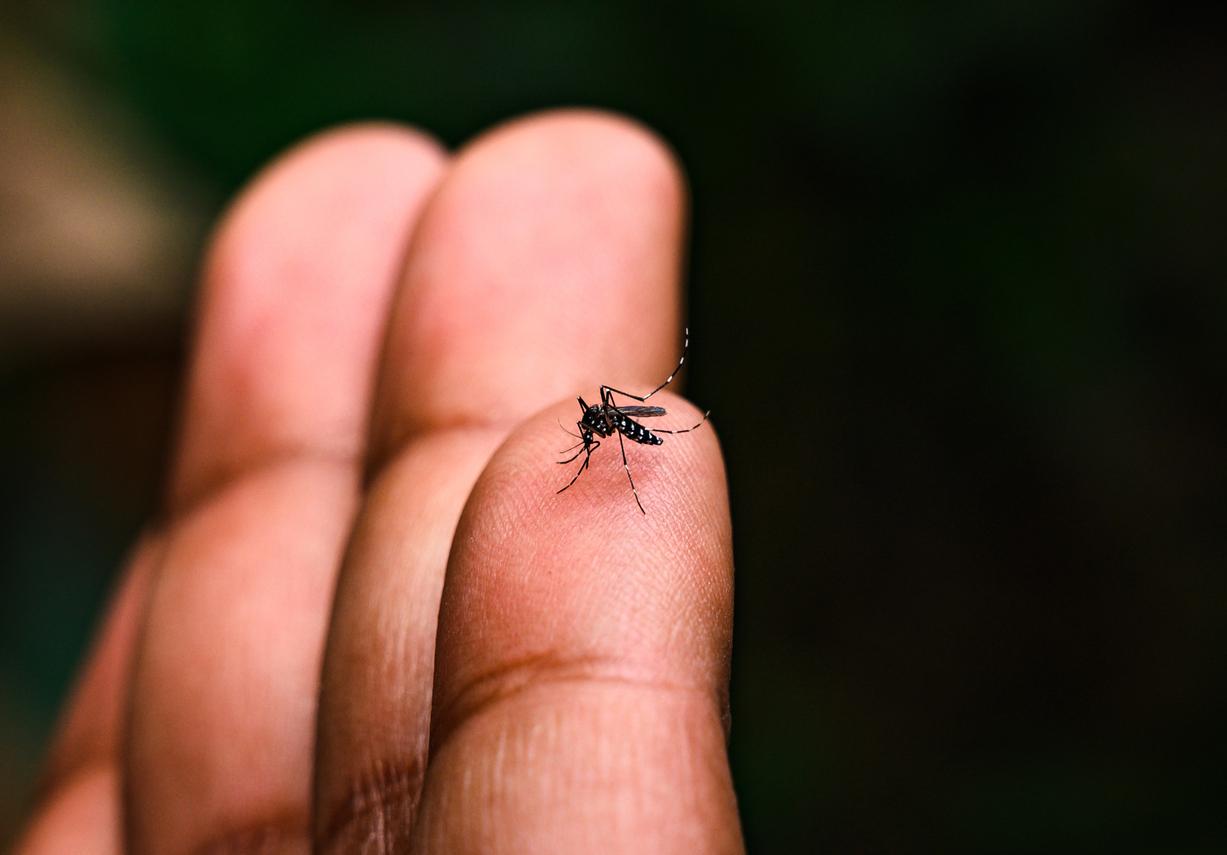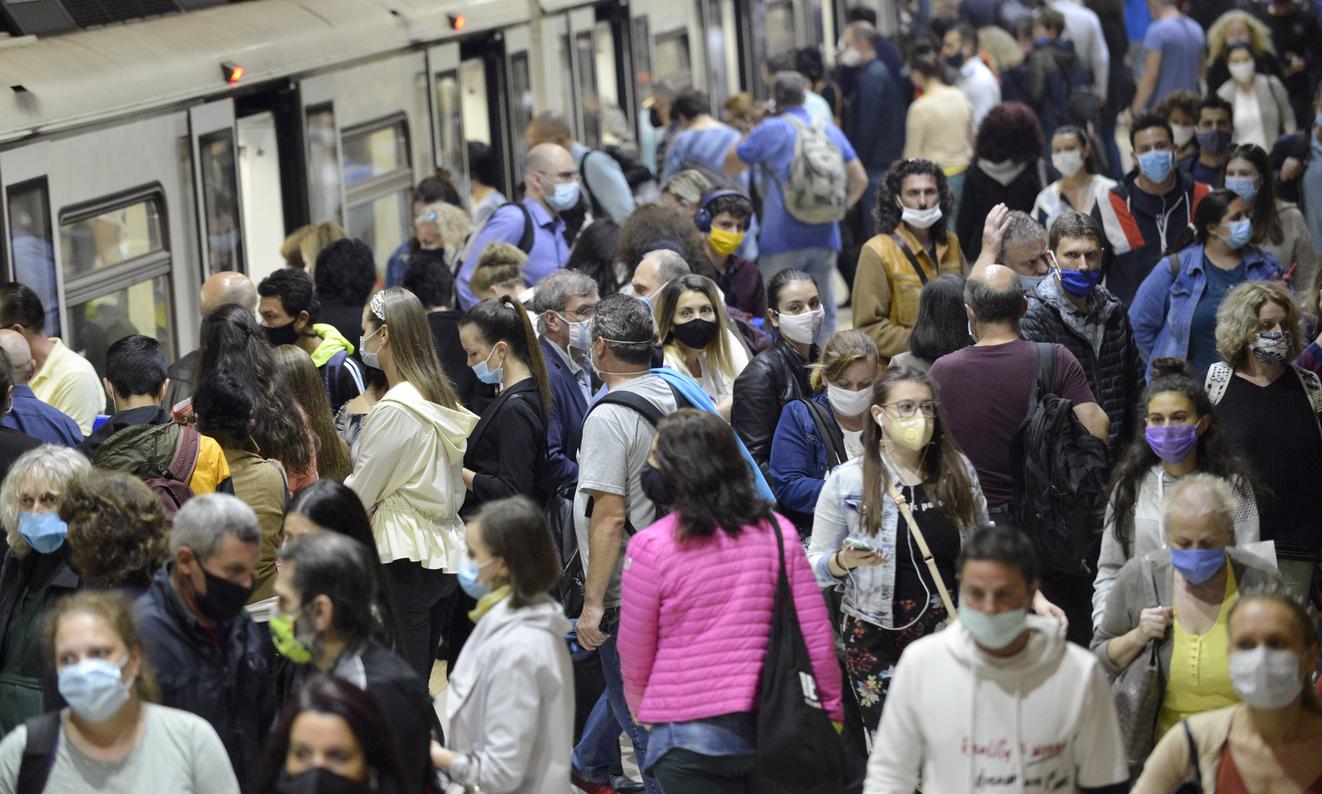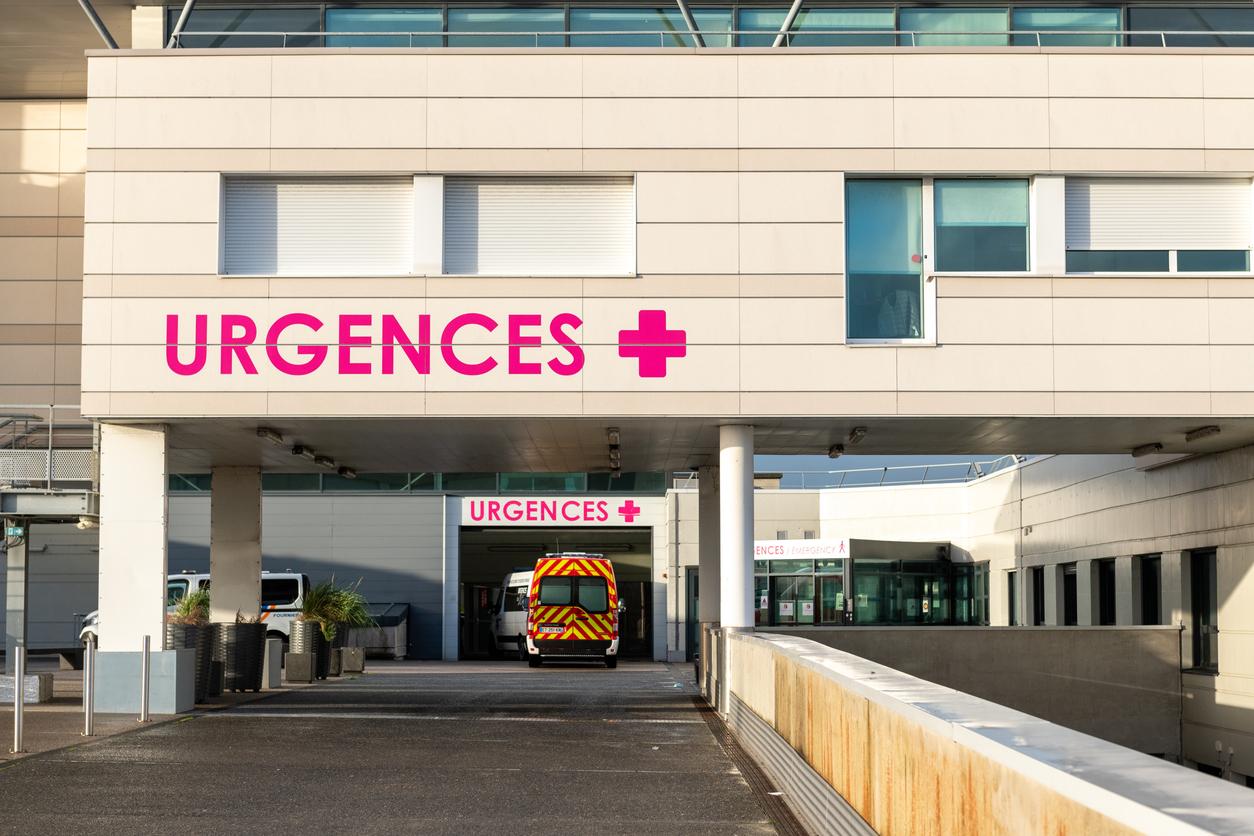The chicken pox epidemic is progressing everywhere in metropolitan France. According to the Sentinelles network, it would now extend to 12 regions, in particular in Pays de la Loire, Île-de-France, Grand Est and Hauts-de-France.

Parents, beware, chickenpox is back! Like every year, this childhood and benign disease is experiencing a resurgence in metropolitan France. According to the Sentinels networkthe epidemic now extends to half the country.
A total of 12 regions are concerned. The most affected is the Pays de la Loire, where 137 cases have been detected per 100,000 inhabitants. This is followed by Île-de-France, Grand Est and Hauts-de-France (56 cases per 100,000 inhabitants), Occitanie (41 cases), Centre-Val de Loire (30 cases), Provence- Alpes-Côte d’Azur (29 cases), New Aquitaine (28 cases), Normandy (27 cases), Burgundy-Franche-Comté (27 cases), Corsica (26 cases) and finally Auvergne- Rhône-Alpes (21 cases).
Chickenpox, a mild disease in the majority of cases
Chickenpox is a highly contagious and very common infectious disease in children. Responsible for a skin eruption with strong itching, it is due to an infection by the “varicella-zoster” virus (VZV) which belongs to the Herpes-virus group.
Each year, an estimated 700,000 people are affected by chickenpox, 90% of whom are children under the age of 10. If for them, it is a benign disease, it nevertheless requires a consultation during the day in certain cases: if the child is less than six months old, if he suffers from a chronic skin disease such as eczema , which promotes the extension of chickenpox lesions, if the child or parent has an immune deficiency or is on long-term corticosteroid treatment, if the vesicles (pimples) fill with blood, deepen and the fever is high (severe varicella), if the vesicles fill with pus and widen (bacterial superinfection = “impetigo”), or if the child or the parents cough with chickenpox lesions (lung involvement).
Precautions to be taken by people at risk
In addition, pregnant women, elderly or immunocompromised people must be particularly vigilant in the presence of a patient with chickenpox. In adults, the virus can indeed cause a high fever and affect certain deep organs, in particular the lungs and the brain. There is also a risk of skin superinfections (with staphylococci or streptococci) of the vesicles. There is concern if the patient has breathing problems or impaired consciousness, this may be the result of encephalitis or coma.
In pregnant women, contamination before 24 weeks of gestation can give rise to fetal varicella. The risks are therefore serious for the baby: skin problems, malformations, neurological and/or ophthalmic lesions, developmental problems, or even intrauterine growth retardation. In general, the earlier the mother catches chickenpox during her pregnancy, the less serious the consequences will be for her baby.

.














